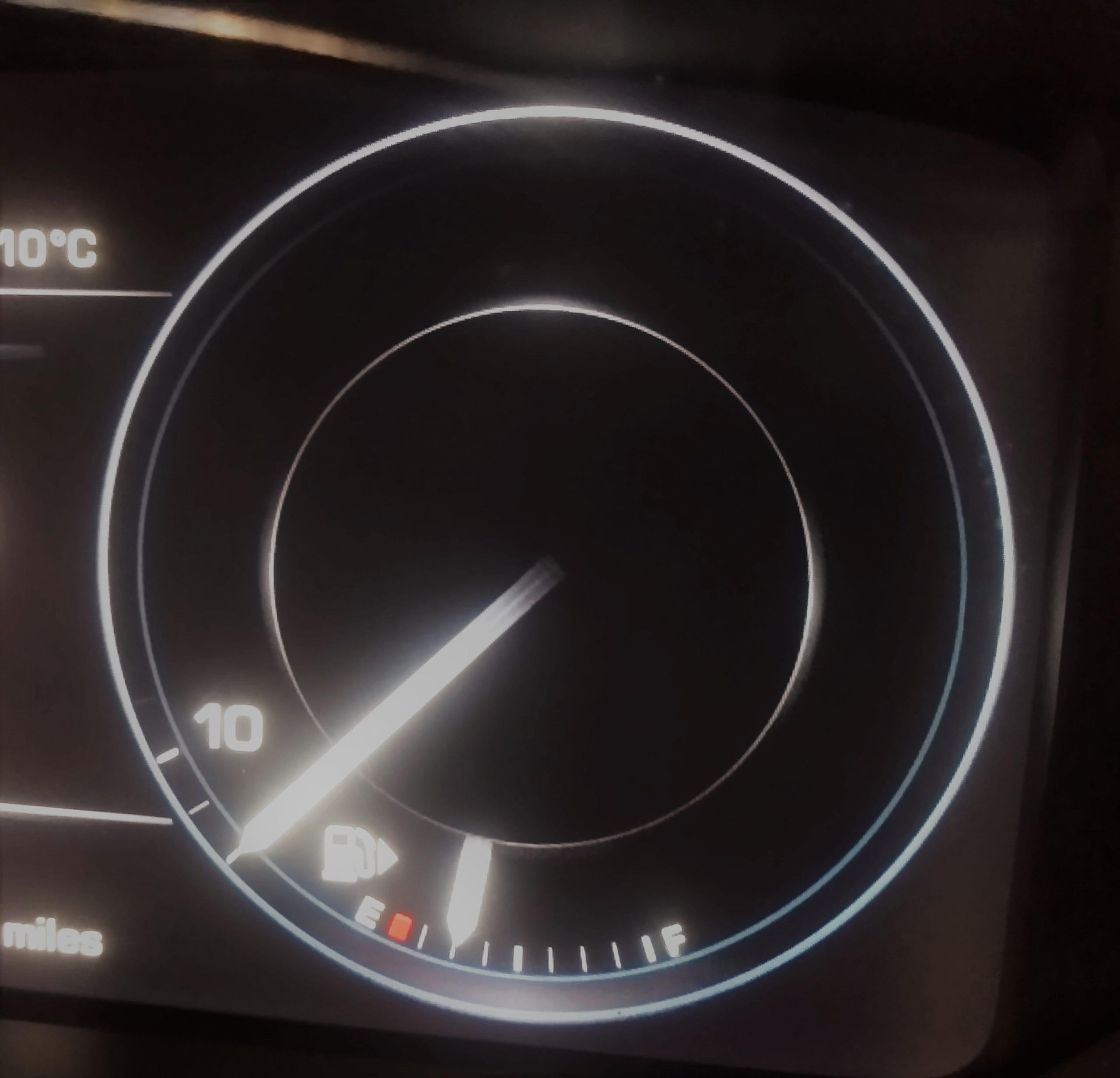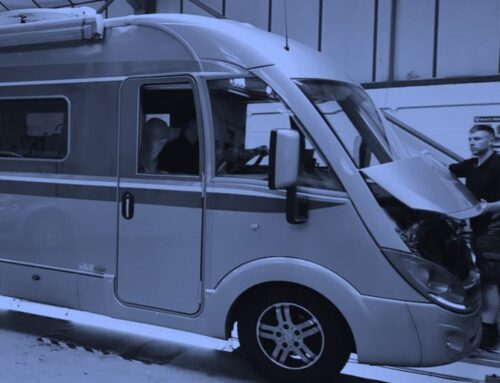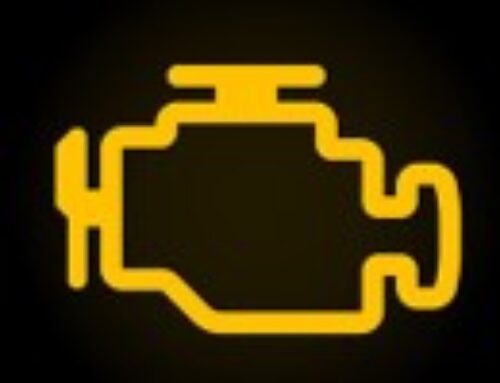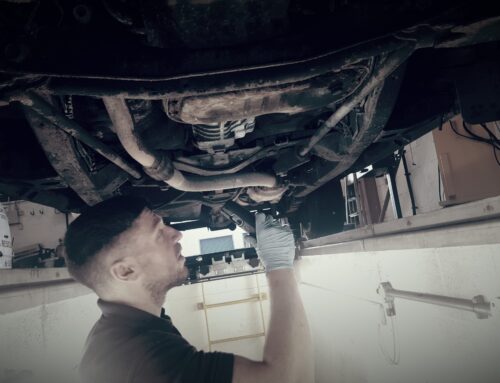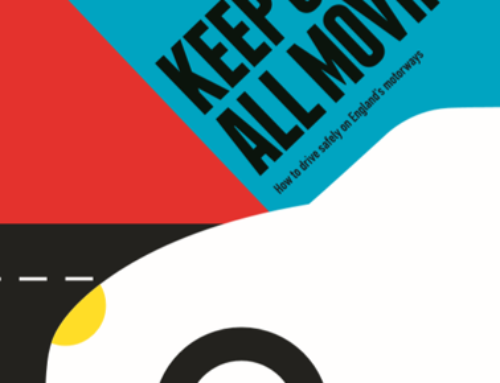We all want to get more miles out of our fuel, so here are some tips to get more mileage from your tank…
With the dark nights and colder weather setting in, the best intentions of cycling to work may be soon discarded for car comforts (I know they have here at OTRA…).
We’re all guilty of using the car more regularly for shorter journeys as the nights draw in. These short trips, however, aren’t always the most fuel-efficient. The engine is least efficient when it is cold, so regular 5-minute trips will likely mean more trips to the filling station.
With the cost of fuel looking likely to go anything but down, we thought we’d share some fuel-saving tips to keep in mind…
Keep the vehicle weight to a minimum
Keeping unneeded items in or on the vehicle can affect fuel consumption, so it makes sense to only carry what you need.
- Clear out your boot if you tend to keep a lot in your car
- Remove roof racks or similar fixings if they’re not being used. These can also create wind resistance, greatly affecting your fuel economy at higher speeds
These might seem like small changes, but they can end up making a noticeable difference to your fuel consumption. You don’t want to be paying extra to carry stuff you don’t need around, so don’t.
Make sure the correct tyre pressures are maintained
Under or over-inflated tyres can both affect your fuel efficiency. This is due to the change in rolling resistance, so observing the recommended psi will help ensure optimum tyre performance.
You can expect a standard drop of 2 psi per month in normal conditions: research in the US shows this equates to around a 1% drop in fuel efficiency. It might not sound like much, but every little counts. Given that many drivers will let their tyre pressure drop a lot more than that before noticing a visible sign, you can imagine that many aren’t getting the most out their fuel.
Maintain your vehicle
Making sure your vehicle is serviced at regular intervals will help to ensure optimum performance. Oil and filter changes help your car to be at its most efficient for longer, and if service schedules are followed properly it will prolong the life of your vehicle. As well as taking it into the garage for all-important professional maintenance, there’s things you can do yourself to keep your vehicle in top condition.
- Regularly check and maintain your engine coolant, and take action if the level drops significantly or you notice discolouration
- Make sure your oil is topped up – it is recommended that check the oil level at least every 2 months
- Take notice of any changes in your vehicle performance and take early action – though this should be taken to a professional as soon as possible
- Take note of any advisories from your annual MOT – even if it’s passed, it doesn’t mean your vehicle is at its best for another year
You should really do these anyway – particularly if embarking on a long journey. Knowing it can also help get a few more miles from your tank might help you remember!
Use your air con and heater wisely
Your vehicle’s air conditioning uses engine power, and hence affects fuel consumption. Using the air con sparingly – or at lower settings – can help eke out a few extra miles: cars without air con were found to use 5% less fuel over a year, so using it less can save a few pounds at least.
Also, if you automatically turn the heater on full in winter, remember that it will only be warm when the engine starts to warm: save blasting cold air for a few minutes by waiting to turn it on.
Drive considerately and for the road ahead
Regularly braking and accelerating can see your fuel consumption increase rapidly. Being aware of what’s coming up ahead will allow for a smoother drive, drastically improving your fuel economy.
- Try to maintain a steady speed and get into a high gear as soon as possible; keeping your revs down is key to saving fuel
- Acknowledging red lights early can avoid you having to stop; steadily slowing down to time the green (if possible) will be far less taxing on the car.
- Accelerating before a hill to gain momentum means you can ease of a little when you reach it
Use the technology available to you
Vehicle technology such as cruise control can drastically improve fuel efficiency, if used correctly. Using cruise control on motorways helps maintain a steady speed across a largely flat surface, keeping fuel usage to a minimum, but be aware that using cruise control on slower roads with more hills will have the opposite effect.
If your car has modes such as economy or sport, use them. These are designed to get the most from your fuel and limit any inefficient use of air con and power, so are also better for the environment.

